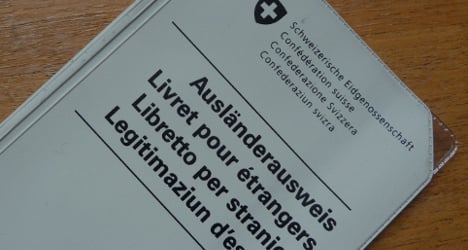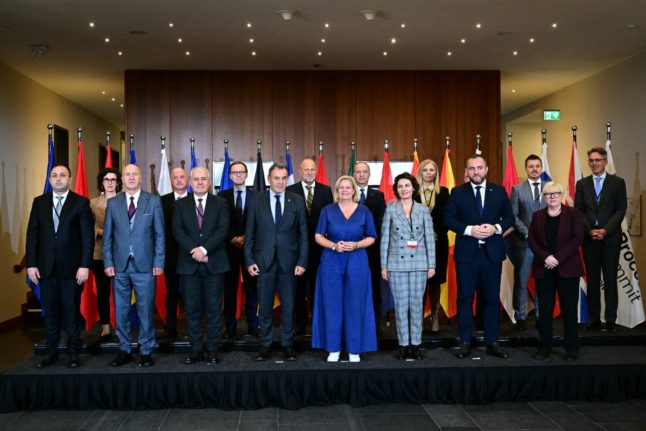Since April the Italian-speaking Swiss canton of Ticino, which borders Italy, has requested that Italian nationals working in the region reveal their criminal record status to Swiss authorities.
The measure applies to Italians – and indeed all EU citizens – seeking a B permit to live and work in Ticino as well as those living in Italy but working over the border.
In a note to Swiss ambassador Giancarlo Kessler, Italy’s foreign office secretary general Michele Valensise denounced Ticino’s stance, reported Swiss news agency ATS.
In a statement reported by Ticino newspaper Corriere del Ticino, Valensise said the measure was “in violation of the 1999 European agreement on the free movement of people, blatantly discriminates against Italian citizens and contrasts with the excellent state of bilateral relations” between the countries.
The minister asked that Bern look to end the situation which has sparked “deep dissatisfaction in Italy.”
According to the Italians, ambassador Kessler agreed that Switzerland considered Ticino’s stance incompatible with Swiss-Italian accords.
Back in June the Swiss migration secretariat (SEM) judged the canton’s action to be illegal.
Swiss President Simonetta Sommaruga expressed her own dissatisfaction with Ticino’s action on a visit to the canton in July, saying that it must “respect international agreements”.
The issue highlights Switzerland’s bottom-up system of governance which gives individual cantons within the confederation considerable power to set their own rules.
It also treads on a delicate issue for the Swiss federal government, which is still considering how to deal with the outcome of a February 2014 referendum in which an anti-immigration proposal by the right-wing Swiss People’s Party to limit the number of foreigners working in Switzerland was narrowly passed by the Swiss people.
The result surprised many, including the ruling Social Democrat Party, and led to hostile relations between Switzerland and the EU, which saw the Swiss decision as a contravention of bilateral agreements regarding the free movement of people between the EU and Switzerland.
Ticino approved the initiative with the highest percentage of yes votes of any Swiss canton.
The federal government has until 2017 to decide how to implement immigration limits.
Around 80,000 foreigners arrive to live and work in Switzerland each year and almost a quarter of the country’s eight million inhabitants are foreign nationals.



 Please whitelist us to continue reading.
Please whitelist us to continue reading.
Member comments